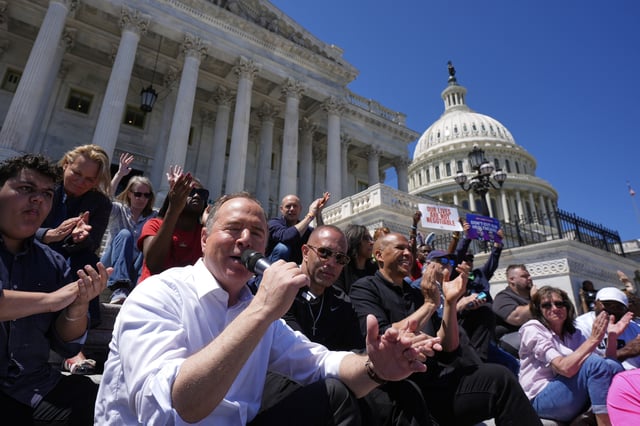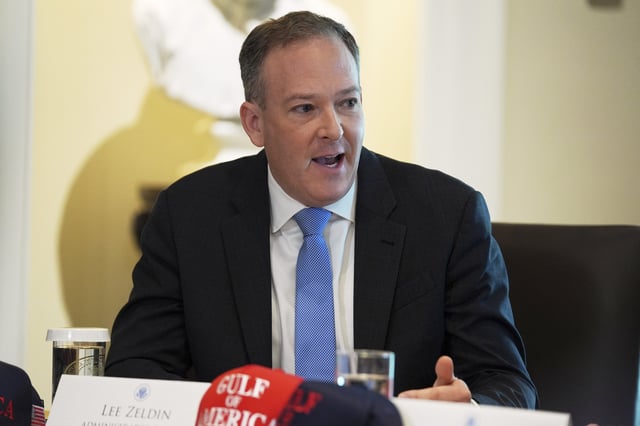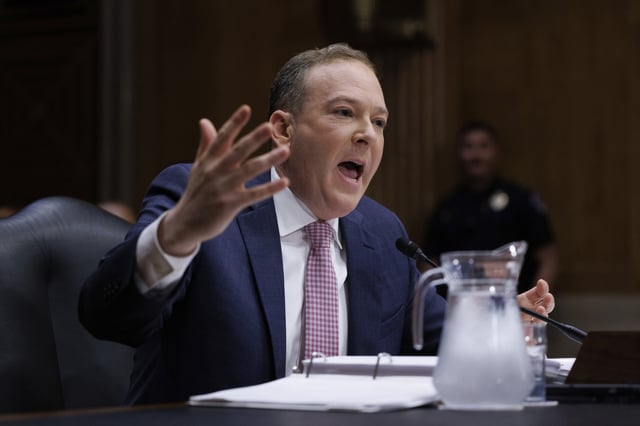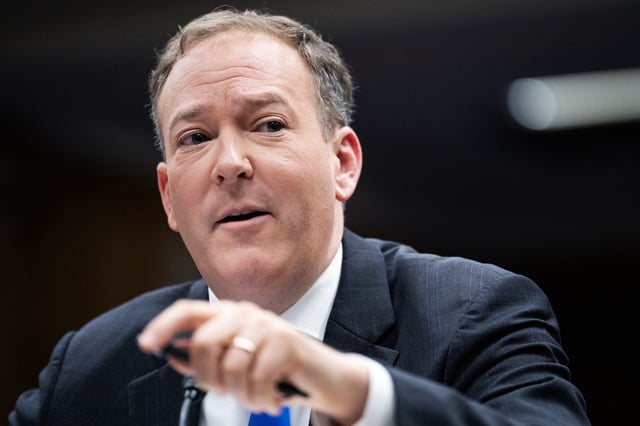Overview
- The Trump administration's proposed 2026 EPA budget seeks a 55% funding reduction, cutting $4.5 billion and reducing staff to levels last seen four decades ago.
- Administrator Lee Zeldin defended the cancellation of 781 Biden-era grants worth nearly $2 billion, claiming thorough reviews were conducted, a claim disputed by Senate Democrats citing conflicting court filings and agency testimony.
- Senators Sheldon Whitehouse and Adam Schiff accused Zeldin of procedural inconsistencies and warned that the cuts would lead to increased pollution, dirtier water, and higher cancer rates.
- Zeldin argued the cuts were necessary to eliminate waste and prioritize fiscal responsibility, accusing Democrats of ignoring taxpayer concerns and defending his agency's actions as aligned with Trump's agenda.
- Democrats signaled ongoing inquiries and potential legal challenges over the grant cancellations and the broader deregulatory push, emphasizing the public health consequences of the proposed changes.



